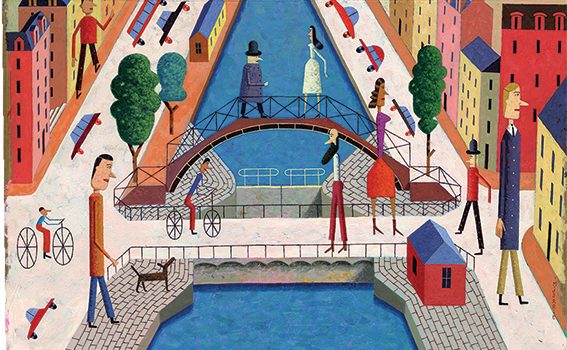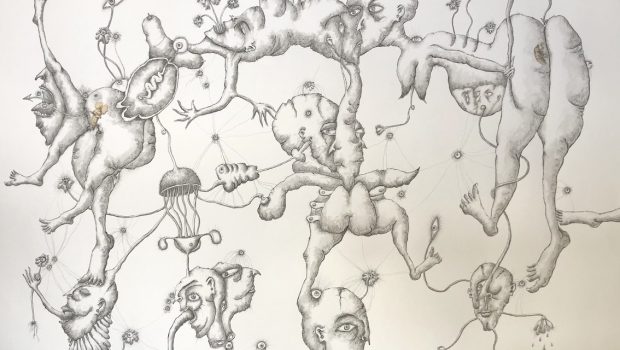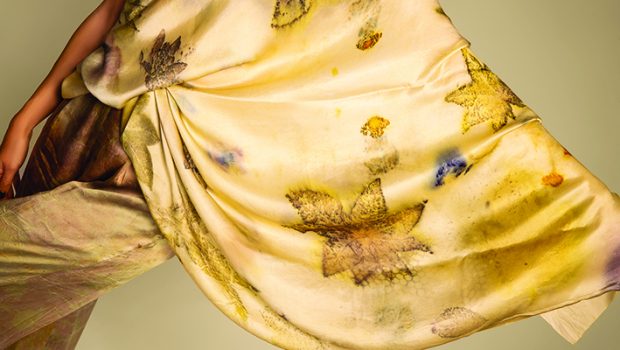Lou Reed – A Marriage of Arts
Soundtrack to Literature. A graphic novel “meant to be heard in the mind.”
Words: Julian Cardona
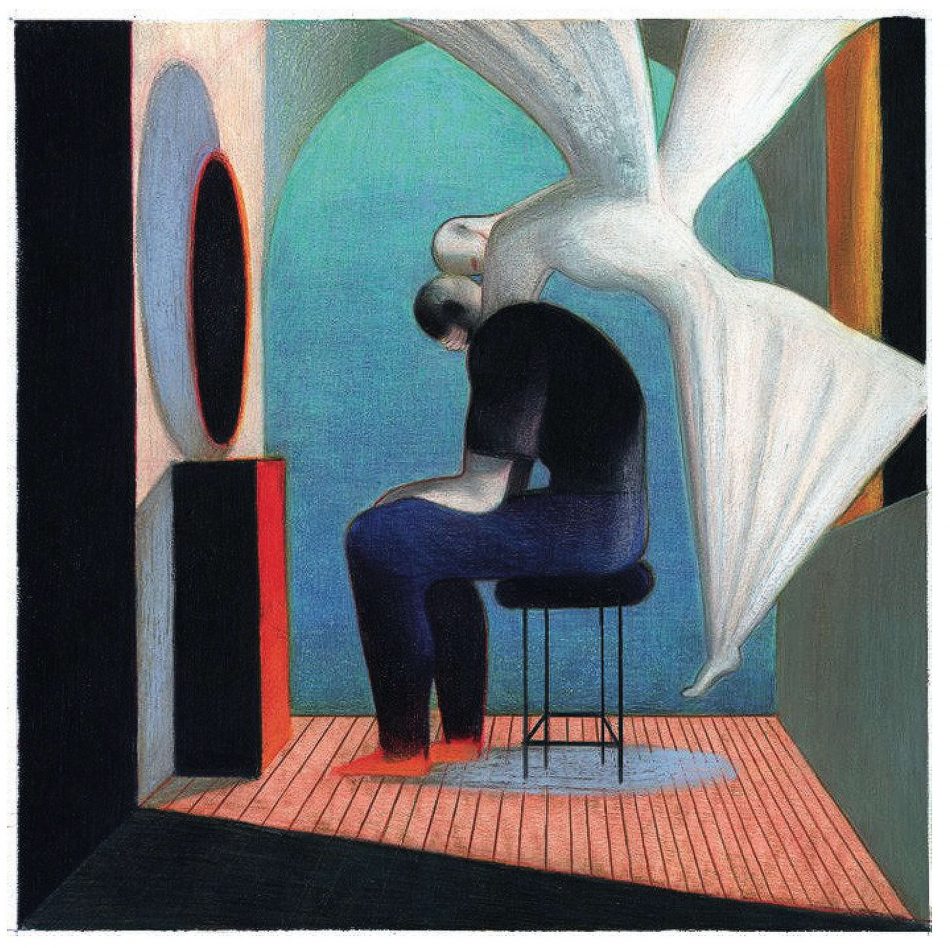
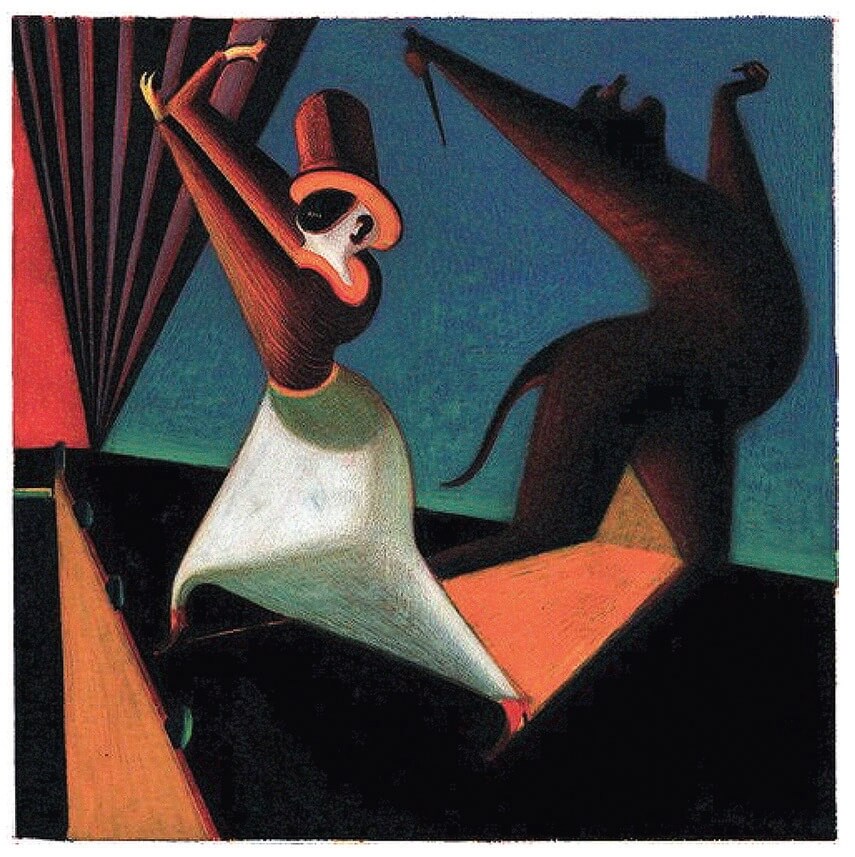
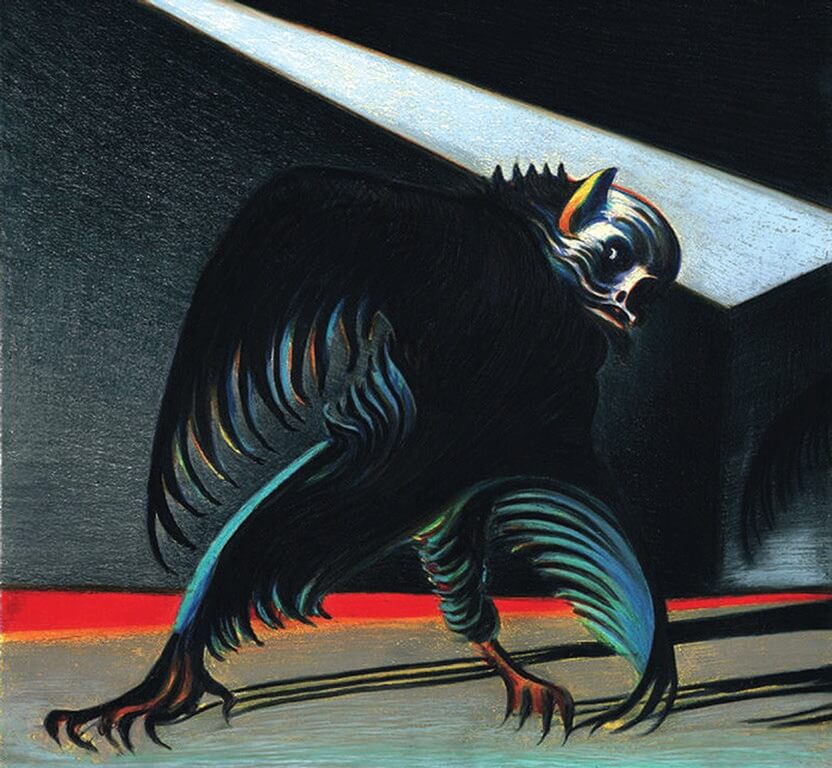
Lou Reed is arguably one of the most innovative recording artists of the past three decades. Just to get an idea of how big his influence was, one need only consider U2’s Bono words about him: “every song we’ve written was a rip-off of a Lou Reed song.” One of the features that set him apart was his thirst for challenging both listener and himself- the comfort zone was a limbo he was not too fond of. Thus, it should come as to no surprise that one of his most ambitious projects was delivered in 2003 when he decided to explore the tortured art of what he called his “spiritual forefather”: the nineteenth century master of Gothic Horror himself, Edgar Allan Poe.
The child borne out of this act of love was an ambitious combination of Edgar Allan Poe’s poems and stories and Reed’s torturous soundtracks that saw the light of day first as a musical, then as a music album and finally as a graphical novel. It tuned out that Reed’s own vision of the beauty of sorrow was a fit-for-purpose companion for the horror writer’s musings and that’s why the American singer managed to bridge the centuries to provide a unique vision of beauty and horror for the modern era.
Whether one is into this sort of Gothic delicacy, it is hard not to appreciate the forward-thinking prowess of Reed. Just browsing through the graphical novel, one cannot regard the illustrations of Lorenzo Mattotti with indifference- the impossible geometries of shadows and characters, the abstract use of colours that are almost a parody of colourfulness, the inhuman postures of tortured meditation, the mixture of artistic depth and almost childlike sketches- all serve to pour life into Poe’s twisted narrations that had to spring from a very personal hell of his. Now take these visions, listen to Reed’s music and read poe’s poems and stories infused with heartbreak, mist, war, creatures, desperation, the love of death and death of love and you can fully imbibe the artist’s contribution: It is a merger of words, colour and sonic beauty that almost seemed destined to come together, even though conceived centuries apart.
How far ahead of his time was Reed? Whereas in the art of movie making it is very common to see a combination of visual and musical art, this is still uncommon in literature. With audiobooks on the rise readers are now being treated with the deeper experience of having a haunting tale being narrated by professional actors who are adept in giving life to emotions described by words and characters designed on pages. But how would it be if we did it Lou Reed’s way and provide layers of music to enhance the experience? How many times have you seen readers on bus attempt that by listening to their Ipod whilst reading, perhaps choosing songs that correspond to the emotions being described on paper? The human experience is a marriage of five senses that create memorable moments of existence. We see this in musicals, movies, theatre, dances, so why can’t we see it happening in literature?
Mark and Paul Cameron, the CEO’s of a company called Booktrack, decided to do just that. Over the course of about three years, the Cameron brothers set up a service to provide movie-like soundtracks for digital books, five of which are available now for download onto an iPhone or iPad. Creative designers read each book and determine what music and sounds should be used, and where. It all comes together with a composer, an audio technician, and sometimes, a sound producer. Cameron said it was only natural to seek out sound experts from the film industry, and they try to work with writers when they can. “It’s almost like having your own personal conductor directing you as you’re reading,” Cameron explained.
Of course, this is not for everyone. Critics might point out that reading is a very personal experience and each reader makes up her own movie, soundtrack and special effects in her own mind. By creating a soundtrack for a book one might be intruding on such an experience and lift off some of the illusion that comes with reading a book. And what about the pace? Each reader creates his own experience by altering the reading pace according the segments of the book that mean the most to him. How would a soundtrack affect this? Indeed, some argue that the whole nature of book reading changes. David Gutowski, better known as “Large Hearted Boy,” blogs about books and music, writing and soundtracks. “Once you add music to a book and as one piece of art, I don’t know if you can call that a book anymore. It’s more of a multimedia experience,” he says.
As always, the beauty of art is that it is subjective. To one such innovation might mean an enhancement of the overall experience, to another it might mean intrusion. What is important here is that those who, like Reed, have a merged vision of art, can start to eagerly anticipate a world in which their reading experience is elevated to a new level thanks to the transcendental effect of music. Whether it is fast, military style drumming during a chase scene or a melancholic violin during a romantic interlude, if this serves to draw more people back to reading then we should welcome it with open arms and let no one call the written word a dying art anymore.
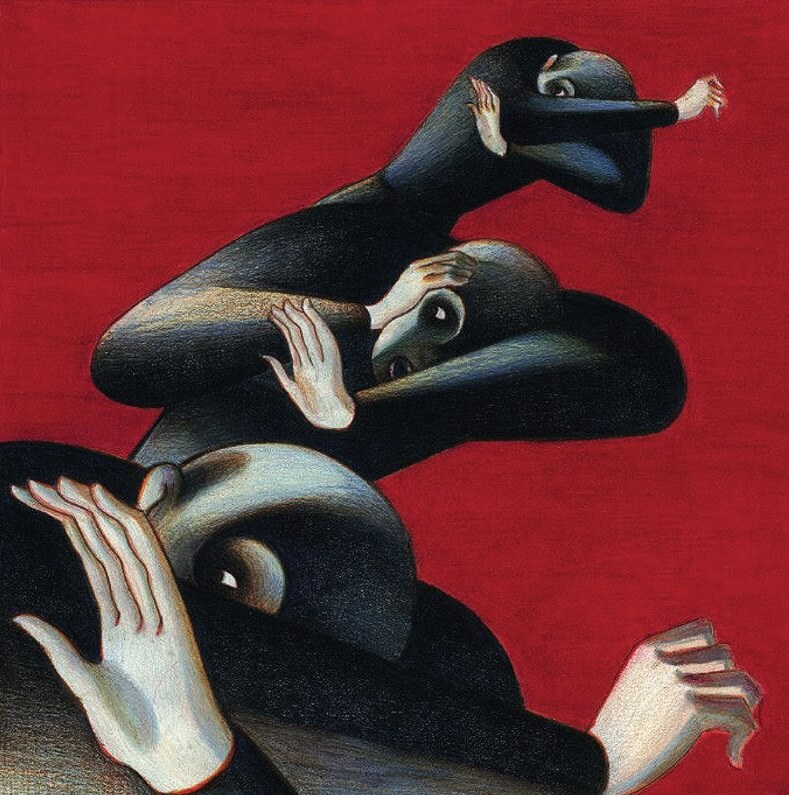
Lou Reed’s rewrite of “The Raven”
Once upon a midnight dreary
as I pondered, weak and weary
over many a quaint and curious
volume of forgotten lore
while I nodded, nearly napping
suddenly there came a tapping
as of some one gently rapping
rapping at my chamber door
“‘Tis some visitor,” I muttered
“tapping at my chamber door
only this and nothing more.”
Muttering I got up weakly
always I’ve had trouble sleeping
stumbling upright my mind racing
furtive thoughts flowing once more
I, there hoping for some sunrise
happiness would be a surprise
loneliness no longer a prize
rapping at my chamber door
seeking out the clever bore
lost in dreams forever more
only this and nothing more
Hovering my pulse was racing
stale tobacco my lips tasting
scotch sitting upon my basin
remnants of the night before
came again
infernal tapping on the door
in my mind jabbing
is it in or outside rapping
calling out to me once more
the fit and fury of Lenore
nameless here forever more
And the silken sad uncertain
rustling of the purple curtain
thrilled me, filled me
with fantastic terrors never felt before
so that now, oh wind, stood breathing
hoping yet to calm my breathing
“‘Tis some visitor entreating
entrance at my chamber door
some lost visitor entreating
entrance at my chamber door
this it is, and nothing more.”
Deep into the darkness peering
long I stood there
wondering fearing
doubting dreaming fantasies
no mortal dared to dream before
but the silence was unbroken
and the stillness gave no token
and the only word there spoken
was the whispered name, “Lenore.”
this I thought
and out loud whispered from my lips
the foul name festered
echoing itself
merely this, and nothing more
Back into my chamber turning
ever y nerve within me burning
when once again I heard a tapping
somewhat louder than before
“surely,” said I
surely that is something at my iron staircase
open the door to see what threat is
open the window, free the shutters
let us this mystery explore
oh, bursting heart be still this once
and let this mystery explore
it is the wind and nothing more
Just one epithet I muttered as inside
I gagged and shuddered
when with manly f lirt and f lutter
in there f lew a stately raven
sleek and ravenous as any foe
not the least obeisance made he
not a minutes gesture towards me
of recognition or politeness
but perched above my chamber door
this fowl and salivating visage
insinuating with its knowledge
perched above my chamber door
silent sat and staring
nothing more
Askance, askew
the self ’s sad fancy smiles at you I swear
at this savage viscous countenance it wears
Though you show here shorn and shaven
and I admit myself forlorn and craven
ghastly grim and ancient raven
wandering from the opiate shores
tell me what thy lordly name is
that you are not nightmare sewage
some dire powder drink or inhalation
framed from flames of downtown lore
quotes the raven, “nevermore.”
And the raven sitting lonely
staring sickly at my male sex only
that one word
as if his soul in that one word
he did outpour, “pathetic.”
nothing farther than he uttered
not a feather then he f luttered
till finally was I that muttered as I stared
dully at the floor
“other friends have flown and left me
flown as each and ever y hope has flown
before
as you no doubt will fore the morrow.”
but the bird said, “never, more.”
Then I felt the air grow denser
perfumed from some unseen incense
as though accepting angelic intrusion
when in fact I felt collusion
before the guise of false memories respite
respite through the haze of cocaine’s glory
I smoke and smoke the blue vial’s glory
to forget
at once
the base Lenore
quoth the raven, “nevermore.”
“Prophet,” said I, “thing of evil
prophet still, if bird or devil
by that heaven that bend above us
by that God we both ignore
tell this soul with sorrow laden
willful and destructive intent
how had lapsed a pure heart lady
to the greediest of needs
sweaty arrogant dickless liar
who ascribed to nothing higher
than a jab from prick to needle
straight to betrayal and disgrace
the conscience showing not a trace.”
quoth the raven, “nevermore.”
“Be that word our sign of parting
bird or fiend,” I yelled upstarting
“get thee back into the tempest
into the smoke filled bottle’s shore
leave no black plume as a token
of the slime thy soul hath spoken
leave my loneliness unbroken
quit as those have quit before
take the talon from my heart
and see that I can care no more
whatever mattered came before
I vanish with the dead Lenore.”
quoth the raven, “nevermore.”
But the raven, never f litting
still is sitting silent sitting
above a painting silent painting
of the forever silenced whore
and his eyes have all the seeming
of a demon’s that is dreaming
and the lamplight over him
streaming throws his shadow to the floor
I love she who hates me more
I love she who hates me more
and my soul shall not be lifted from that shadow
nevermore

